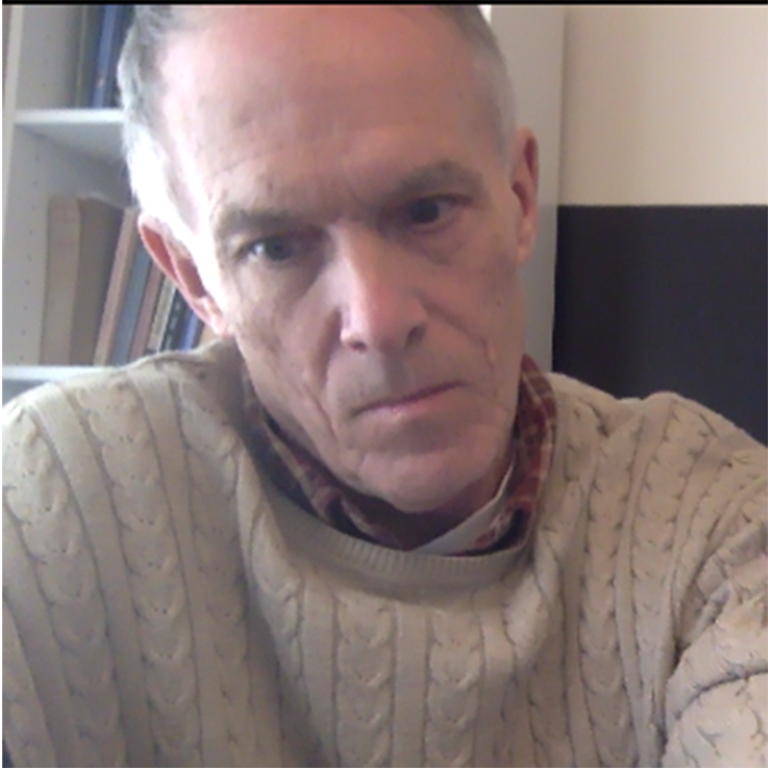- Ph.D., Communication, Wayne State University, 1995

John Arthos
Professor, English
Director, Rhetoric, Writing. and Communication

Professor, English
Director, Rhetoric, Writing. and Communication
My work is about the relationship of hermeneutics, which is a theory of understanding modeled on the experience of reading a text, and rhetoric, which I think about as the art of discourse in the broadest sense. Although rhetoric can be understood narrowly as the art of public speech, the ancient rhetorical canons have continued to feed our imagination as a treasure house of discursive resources for poetry, architecture, music, painting, philosophy, argumentation, politics, ethics, religion, history, literature, and on and on. As a repository of adaptable inventional tools for speaking to the contingent exigencies of our lives or in moments of great public need, rhetoric as a performative practice needs a theoretical foundation, and I have found this foundation in hermeneutics. As a theory of interpretation, hermeneutics cultivates a reflective awareness of the effects of discourse on us as readers and audiences, and so also of our responsibility for these effects as speakers, writers and creators. I am trying to let more people know about this wonderful collaboration, to understand it better myself, and to teach all the ways it can be applied to our creative and ethical lives. In recent years, my theoretical interests have widened to include articulation and assemblage theories, which are destabilizing, enriching, and transforming my conceptions of rhetoric and hermeneutics as foundational logics of understanding and communication.
“Refiguring Narrative Reception: The Challenge to Ricoeur’s Theory of Narrative Closure by the Open Text,” Storyworlds: A Journal of Narrative Studies 6:1(2014): 1-20.
“What Is Phronesis? The Seven Hermeneutic Differences in Gadamer and Ricoeur,” Philosophy Today 58:1 (2014): 53-66.
“The Just Use of Propaganda (?): Ethical Criteria for Counter-Hegemonic Communication Strategies,” Western Journal of Communication, 77:5 (2013): 582-603.
“Where Is Mythos Hiding in Gadamer’s Hermeneutics: Or, the Ontological Privilege of Emplotment,” Gadamer and Ricoeur: Critical Horizons in Contemporary Hermeneutics, eds. Francis J. Mootz and George H. Taylor, (London: Continuum, 2011), 119-41.
“The Scholar and the Pub Crawler: Revisiting the Debate between Ricoeur and Gadamer,” Journal of French Philosophy 16:1&2 (2006): 71-82.
“The Humanity of the Word: Transitive Agency in Humanism and Hermeneutics,” International Philosophical Quarterly 46:4 (2006): 477-91.
“Where There Are No Rules or Systems to Guide Us,” Quarterly Journal of Speech 89:4 (2003): 320-344.